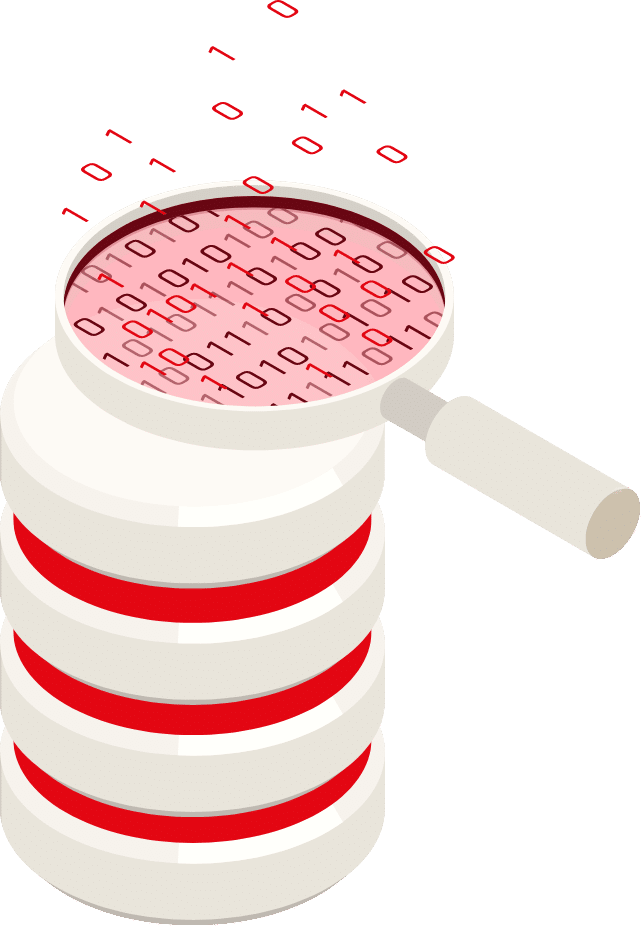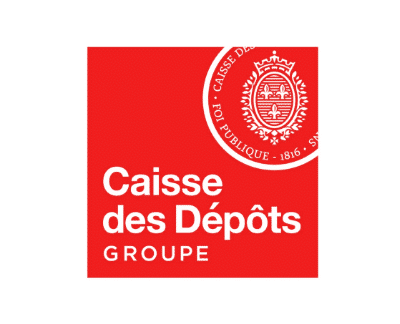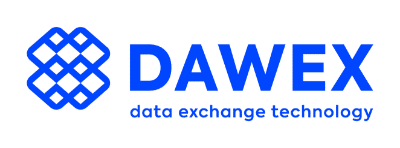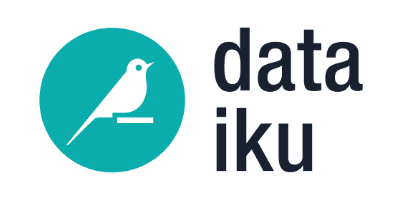Exchange platform
of airport data
Explore, exchange, and leverage your business data
in a safe and reliable environment.
and Europe

Explore data
in your field of activity
Use Hub One DataTrust Data Exchange Platform to access sectorial actor’s data with open data contracts or commercial licenses. The airport data exchange platform gives you easy access to airport actors' data with open or commercial data licenses. Identify new opportunities to enrich your work applications.

Share data
on a trusted platform
Hub One DataTrust’s airport data exchange platform was developed using the principles of Privacy and Security by design. As such, the resulting safety and security of our product is very high. Data is uniquely and individually encrypted for maximum confidentiality.

Get the most out
of your data
Customize your data distribution framework. Within the Hub One DataTrust platform, you configure access authorizations, conditions of use and the business model for each of your data sets.
Why use the Hub One DataTrust airport
data exchange platform?
Accelerating digitalization
Integrate needed data to control your operations
Unlocking data potential
Monetize your data with third-party buyers
Delivering value
Analyze and optimize your operations to open up new business horizons
Try Hub One DataTrust for 3 months
Subscribe to the "Discovery" offer, which lets you explore the exchange platform's functionalities free of charge for 3 months,
then switch to the subscription adapted to your profile.
I register
I receive my
login details
I log in
A trusted third party for the airport industry
Hub One DataTrust is a company created in partnership with “Banque des territoires - Groupe Caisse des Dépôts (CDC)”. As a trusted intermediary, our role is to orchestrate data exchanges between players in the airport industry, providing every guarantee in terms of quality, security, compliance, contractualization and respect for the consent of all parties.
Frequently asked questions
-
What is a data exchange platform?
A data exchange platform is a technological solution designed to source, centralize, organize, secure, share and commercialize data between multiple parties. It can be used in a variety of business contexts, for a variety of purposes. Data acquirers can find in it the means to improve their processes and operations through the contribution of new data relevant to their business. Data providers can find in the data exchange platform the means to generate additional revenue, within a controlled, contractual and regulatory framework. Organizations in search of new data will find in a data exchange platform the means to develop new service offers or enrich their own business applications.
-
What are the benefits of a data exchange platform?
Data exchange platforms, such as Hub One DataTrust, improve operational efficiency, create new business flows, and increase companies' capacity for innovation and competitiveness in their markets. Here are just a few of the benefits:
- Optimized decision-making processes: thanks to a data exchange platform, companies can access relevant, up-to-date data.
- Improved collaboration: these platforms facilitate collaboration between stakeholders in the same ecosystem, whether internal departments or external partners.
- Data security and compliance: a data exchange platform offers robust security features for data storage, access and use. It also helps companies remain compliant with various data protection regulations (Data Governance Act, Data Act, GDPR, etc.).
- Stimulating innovation: by offering easy access to a wide range of data, these platforms enable companies to spot trends, better understand customer behavior and develop new solutions based on in-depth insights.
-
How secure are data exchange platforms?
Data exchange platforms, such as Hub One DataTrust, are designed to respond natively to regulatory risks, cyberthreats, and compliance with contractual commitments defined between the parties.
This is known as "Privacy and Security by design and by default". The platforms provide the highest levels of traceability and security by default (asymmetric encryption, robust algorithms, trust management, user identity control, etc.). Advanced functionalities then enable each data exchange to be configured on a case-by-case basis (access conditions, user licenses, economic terms and conditions) according to pre-established models that limit risk-taking.



